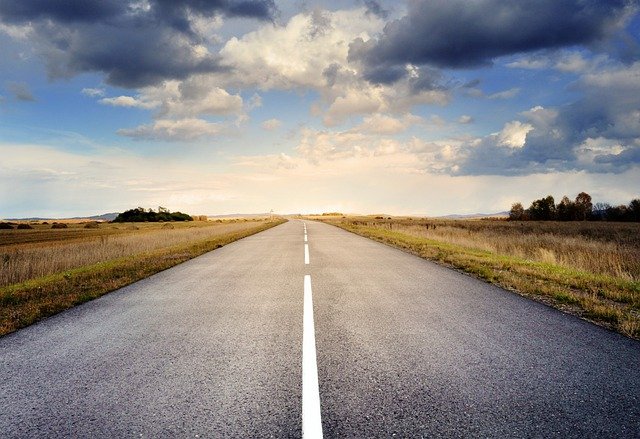More than 16 scientists will travel 4,500+ kilometres over 19 days and visit 24 cities and towns across Australia on the National Quantum & Dark Matter Road Trip. This year’s road trip will visit regional and remote schools and communities in Victoria, New South Wales and Queensland, with pop-up events in Adelaide, Brisbane, Melbourne, Perth and Sydney. The road trip will begin in Melbourne on 7 August and finish in Townsville on 26 August.
Funded by a National Science Week grant, the ARC Centre of Excellence for Engineered Quantum Systems (EQUS) and the ARC Centre of Excellence for Dark Matter Particle Physics (CDM), the road trip coincides with National Science Week 2023. It will share the world of quantum technologies and dark matter particle physics with schools and communities, to spread knowledge of and excitement for cutting-edge science taking place in Australia. To highlight the potential of quantum technologies and dark matter discovery in the future of our society and to inspire the next generation of scientists and engineers in Australia, the road trip team will present talks and demonstrations to schools, and public lectures and pub trivia nights at multiple venues across the country.
The National Quantum & Dark Matter Road Trip route is as follows:
Korumburra VIC
Mallacoota VIC
Eden NSW
Corryong VIC
Albury NSW
Wangaratta VIC
Terang VIC
Lavers Hill VIC
Apollo Bay VIC
Melbourne/Naarm VIC
Adelaide/Tarndanya SA
Sydney/Gadi NSW
Perth/Boorloo WA
Brisbane/Meanjin QLD
Townsville QLD
Tully QLD
Cairns/Gimuy QLD
Redlynch QLD
Atherton QLD
Dimbulah QLD
Djarragun QLD
Winton QLD
Emerald QLD
Mackay QLD
Townsville QLD
Road trip organiser and physicist Dr Ben McAllister, from CDM and EQUS, said that last year’s hugely successful road trip across Australia visited many schools and communities, but logistics meant that some eager schools and communities missed out. This year we’ll visit new areas.
“Last year, we visited schools and communities in regional and remote areas of Queensland, New South Wales, Victoria, South Australia and Western Australia,” Dr McAllister said. “These communities appreciated us coming to them because they don’t necessarily get the same opportunities as the city schools do, particularly regarding contemporary science. This year we want to continue that reach and build a diverse scientific community, and engage the public through public talks and pub trivia.”
We also received positive feedback on the diversity of the road trip team. “Many of the teachers appreciated that so many of the presenters on the trip were women, because on the few occasions that science outreach had made it to their school it was usually only men who’d present,” said Jackie Bondell, CDM Education and Outreach Coordinator. “We want to show people that science can be fun and is accessible to anyone, regardless of demographic and background.”
Media contact: Hannah Sainty (hannah.sainty@unimelb.edu.au, 0438583598). Some scientists are available for interviews.



